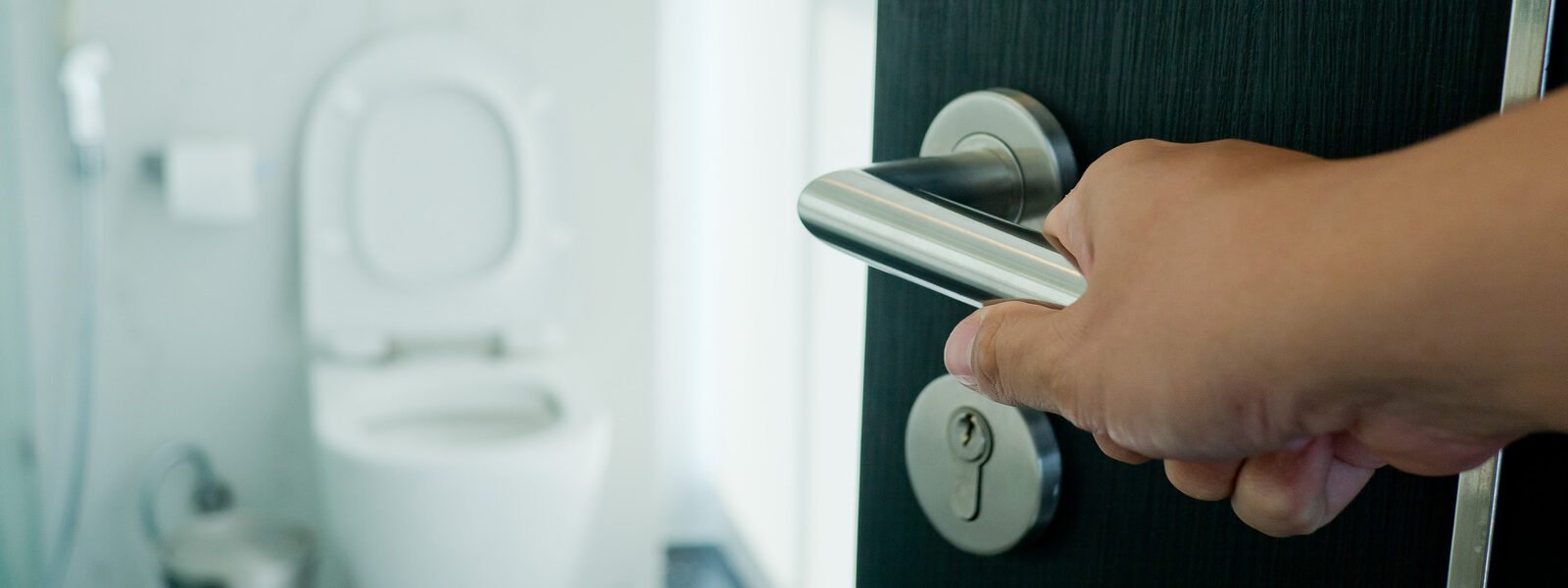[ad_1]

If you have kidney stones, you could have a stone stuck somewhere in the urethra, ureter, or kidney, making peeing a difficult activity. Ureteral stones can take the form of calcium stones, uric acid stones, struvite stones (composed of magnesium ammonium phosphate and calcium carbon-apatite), and cystine stones. They can manifest in other symptoms in addition to problems with peeing, like severe pain in your upper back that comes and goes, lower abdominal discomfort, nausea, vomiting, bloody pee, and an urgency to urinate frequently.
Severe constipation can be an obstruction too. When your bladder is compressed due to large amounts of waste in your colon, this might hinder the usual pee-filling process and result in difficult urination or not being able to empty your bladder fully.
Underlying health concerns like a urethral stricture and bladder outlet obstruction can cause you to have difficulty peeing as well. Again, these aren’t related to peeing after sex alone. A urethral stricture (which is a narrowing of the tube that carries urine caused by scarring) can be a result of medical procedures, trauma to the area, prostate problems, STIs, and radiation therapy. In the case of a bladder outlet obstruction, where the neck at the end of the bladder is blocked, again, a number of things can be at play, like cancer, scar tissue buildup, bladder stones, pelvic organ prolapse, and constipation. Sometimes, the obstruction is something you’re born with as is the case with hydronephrosis or spina bifida.
[ad_2]
Source link





